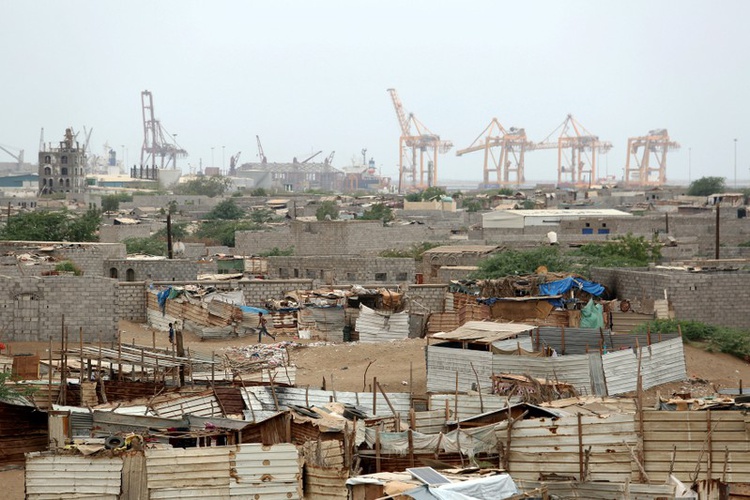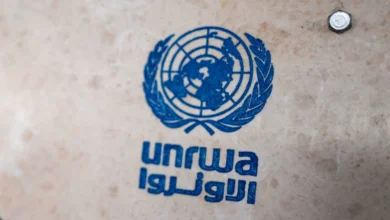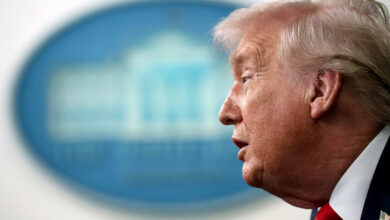
The Iran-aligned Houthi movement fired missiles at the Saudi capital Riyadh late on Sunday, escalating tensions ahead of a visit by the UN envoy to Yemen this week to try to avert a military assault on the country’s main port city.
A Houthi spokesman threatened more attacks in response to the offensive launched by a Saudi-led coalition on June 12 to seize control of Hodeidah port, long a key target, in an attempt to weaken the Houthis by cutting their main supply line.
The United Nations fears an assault on the Red Sea port, a lifeline for millions of Yemenis, could trigger a famine imperiling millions of lives.
The offensive could also have ramifications further afield due to Yemen’s role in a proxy war between Sunni Muslim Saudi Arabia and Shi’ite Muslim Iran that has fueled instability across the Middle East.
The coalition said on Monday that eight members of Lebanon’s Shi’ite Hezbollah group had been killed in battles in the mountainous Saada region in Yemen’s northwest, which is held by the Houthis along with the capital Sanaa.
Hezbollah officials could not be immediately reached for comment, but the group has previously denied Saudi accusations that it is helping Houthi rebels.
UN envoy Martin Griffiths was due to arrive in the southern city of Aden on Wednesday for talks with ousted President Abd-Rabbu Mansour Hadi in the exiled government’s temporary capital, government officials said.
“He will only be there for a few hours and the talks will focus on the situation in Hodeidah and (on) averting any military operation on the port,” one official told Reuters.
Missiles over Riyadh
Saudi air defense forces intercepted two rockets over Riyadh late on Sunday, sending debris measuring up to several meters hurtling towards residential areas.
Pieces fell near the US mission in the Saudi capital and at a school in the diplomatic quarter.
Debris sparked a fire at a construction site 10 km (six miles) further south and fell on the roof of a private residence, but Saudi officials said there were no casualties.
“Our rockets will reach places that the enemy will not expect,” Houthi spokesman Mohammed Abdul-Salam said. “The longer the aggression and war continue, the greater our ballistic missile capabilities.”
Coalition spokesman Turki al-Malki said the alliance’s advances on Hodeidah and other fronts were pushing the Houthis to try to project strength through such attacks.
Coalition-backed forces seized Hodeidah airport last week and have been consolidating their hold in the area as more Houthi fighters, mostly armed with Ak-47 assault rifles, were deployed in the city and around the port.
The United Nations fears heavy fighting will worsen what is already the world’s most urgent humanitarian crisis, with 22 million Yemenis dependent on aid and an estimated 8.4 million believed to be on the verge of starvation.
The Houthis have indicated they would be willing to hand over management of the port to the United Nations, sources told Reuters. A US official said Washington was urging the Saudis and Emiratis to accept the deal.
The Arab states say they must recapture Hodeidah to deprive the Houthis of their main source of income and prevent them from smuggling in Iranian-made missiles, accusations denied by the group and Tehran.
The coalition has pledged a swift military operation to take over the airport and seaport without entering the city center, to minimize civilian casualties and maintain the flow of goods.




